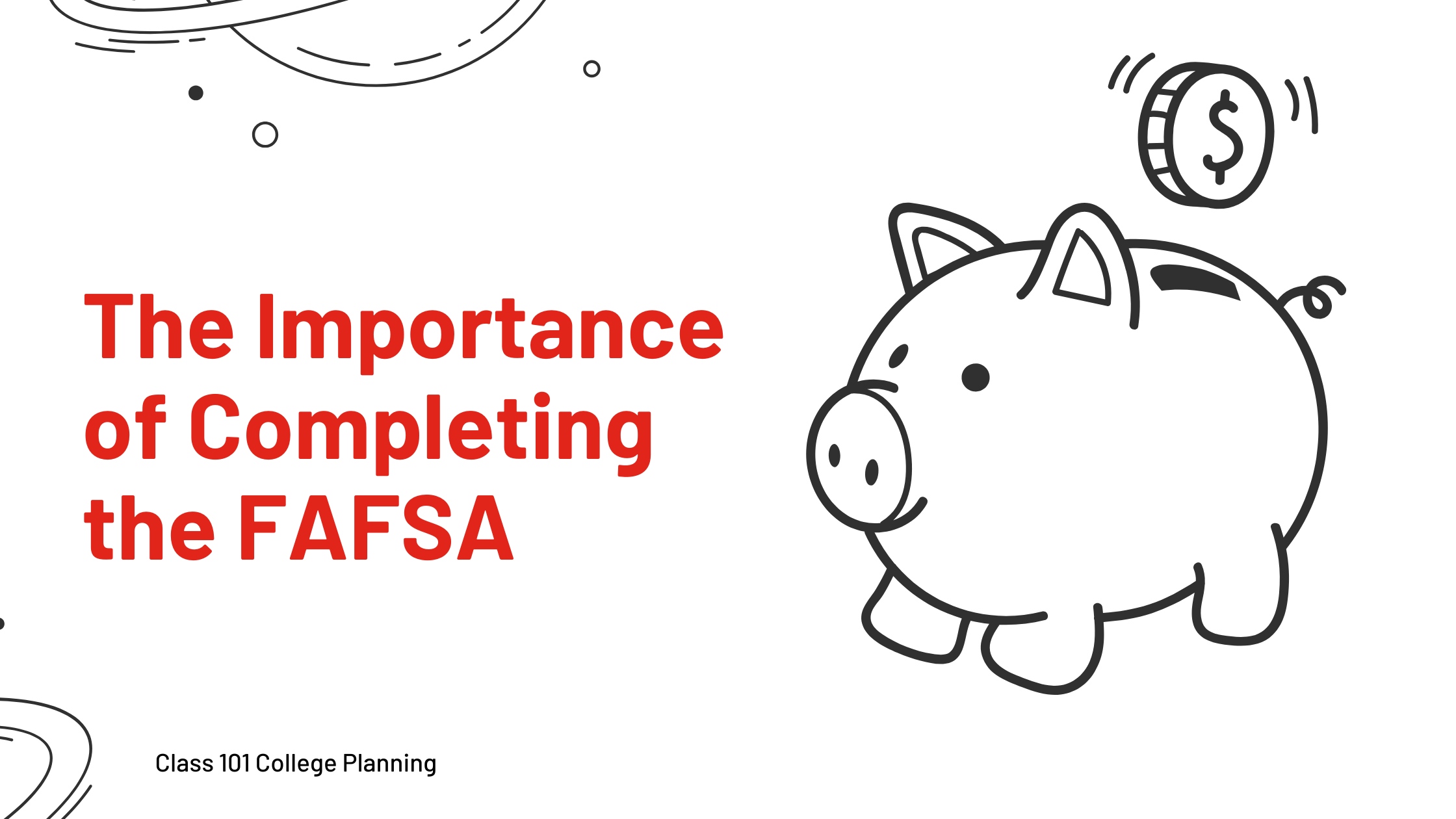November 25, 2024

The last two years have seen no shortage of changes to the Free Application for Federal Student Aid, better known as FAFSA. Delays. New questions. All of it has been confusing for families looking at college for the first time.
But none of it should detract from the application’s importance. Since 1965, the FAFSA has been critical to U.S. students seeking financial assistance to offset the cost of their higher education. It is used to provide grants, loans, and work-study opportunities for some 17 million students.
This year, the FAFSA is officially open earlier than the original December 1st announcement. As in previous years, it’s important for students and parents to be prepared for the application’s opening to ensure a smooth process and make the most of this important opportunity.
Since 1965, the FAFSA has been a staple of US college life. In the 2019-2020 academic year, nearly three-quarters of all undergraduates received some kind of support through it. Due to delays, that number could be far lower this year.
This is a major problem for students. The FAFSA connects students to a vast network of scholarships, work-study programs, and federal loans that make college affordable. Applying gives students access to the largest possible source of aid to help pay for college.
The average undergraduate applying for aid receives roughly $14,100, though some students may receive far more depending on their need.
If families believe they won’t qualify for aid, FAFSA still has value. Some schools use FAFSA to determine merit-based aid. FAFSA is also useful for helping families understand the real costs of college. Its in-system calculators and tools can help families plan for the next four years.
Even putting all these factors aside, completing the FAFSA can also be a graduation requirement. In states such as California, Louisiana, Texas, Illinois, Alabama, and New Hampshire, all high school seniors are required to submit their FAFSA before they graduate.
Students should check their state’s specific rules, guided by their high school counselor or Class 101 College Advisor for more information.
After the upheaval of the last year, some families might be confused about what they need to apply to the FAFSA. Luckily, the list of useful or required forms remains the same as in previous years. As the FAFSA lists on its website, families filling out the FAFSA should aim to have:
Families should strive to make sure their documents are up to date. Inputting outdated information on tax paid or other forms could have costly consequences if families are not careful.
They should also take care to fill out the form carefully and double-check all answers before they make their submission. Many families make typos, particularly in the Social Security Number and address forms, or leave fields blank, which can cause miscalculations.
Still others may forget to list the college they want to attend or list something other than their full, legal name, which can cause confusion and delays.
Try to avoid these errors if possible by, again, double checking your work.
***
The FAFSA is an essential part of the college application process and by applying as soon as possible, families can save themselves hassle and ensure they get the most out of it. By applying in December, students can make sure they have everything they need to start their college journey.
We encourage any students or families still worried about the FAFSA to contact a Class 101 advisor or their high school counselor for more guidance. You can find a Class 101 office near you by visiting our site here.

March 17, 2025
Getting accepted into college is a huge relief, a sign that your hard work has paid off and your accomplishments have been recognized. Most students will be accepted into more than one college or university. You may receive acceptances from three, four, five, or even more of the schools you applied to. Having choice is […]
Read More >
February 12, 2025
Last year, the ACT announced new changes to the ACT Test. These changes are sweeping, some of the most significant that the ACT has had in recent memory. It comes on the heels of recent changes to the SAT to make the test more accessible for modern students. These updates can be confusing and overwhelming. […]
Read More >
January 3, 2025
The college application process can seem far from straight-forward. With various forms, deadlines, and platforms to manage, many families can find themselves overwhelmed and confused. In this blog, we aim to reduce some of the stress by providing information on one aspect of the college journey—the College Scholarship Services Profile, better known as the CSS […]
Read More >